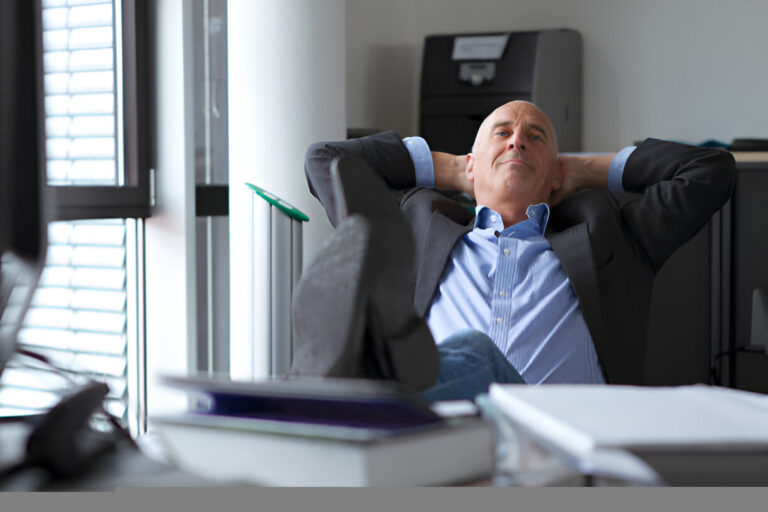We joke about “crashing” after a long day. We “pass out” watching Netflix. We tell our friends to “hit the sack” or “catch some Zs.” Sleep, for something we spend a third of our lives doing, has inspired an entire lexicon of lighthearted slang. But beneath the playful banter lies a deeper cultural undercurrent, one that hints at a modern struggle with rest.
So, what if the way we talk about sleep reveals more than just quirky idioms? What if it’s a subtle SOS from an exhausted generation?
Let’s decode the language of slumber, dig into why sleep feels so out of reach lately, and explore how the shift from buying “stuff” to seeking soothing experiences is transforming the way we approach bedtime.
The Colorful World of Sleep Slang
You’ve probably heard or used phrases like “sawing logs,” “getting shut-eye,” or “hitting the hay.” They’re everywhere. From sitcom scripts to grandma’s goodnight wishes, these expressions are deeply woven into our culture.
Many of these phrases date back decades, even centuries. “Sleep like a log,” for instance, implies deep, undisturbed rest, while “burning the midnight oil” warns of overexertion. There’s something charmingly universal about them.
Interestingly, each generation has its flavor. Boomers may “snooze,” millennials “crash,” and Gen Z might “power down.” Every idiom is a window into how we relate to rest and how much (or little) of it we’re getting.
What Your Slang Says About Your Sleep Habits
It’s not just playful language. The way we talk about sleep hints at how we treat it.
Terms like “night owl” or “early bird” are endearing. But “insomniac”? That one stings a little. One sounds like a fun personality quirk; the other, a health concern.
We laugh at ourselves when we say, “I slept like the dead,” but there’s a quiet desperation behind it, too. We’re tired and not just physically. The language is changing because our relationship with sleep is changing. It’s no longer just downtime. It’s a goal. A luxury. Sometimes, even a dream.
The Hidden Struggles Behind Sleep Jargon
Let’s be real, phrases like “pulling an all-nighter” or “can’t shut off my brain” often mask something more serious: stress, anxiety, or even chronic insomnia.
Insomnia affects about 1 in 3 adults at some point. That’s not just a “bad night.” It’s a recurring problem that messes with everything. From your focus at work to your emotional resilience.
Our slang sugarcoats the struggle. “Zombie mode” isn’t funny when it’s every day. “Restless nights” aren’t just a mood. They’re a warning sign.
Sleep Deprivation: The Invisible Epidemic
We wear sleeplessness like a badge of honor. Grinding late into the night, answering emails at 2 a.m., bingeing “just one more episode.” But the science doesn’t lie.
Sleep deprivation is linked to heart disease, depression, memory loss, and a compromised immune system. The Better Health Channel and NHLBI both stress that chronic sleep loss can cut your quality of life and even your lifespan.
So while we joke about “nap attacks,” there’s real danger in ignoring our body’s sleep signals. Skipping rest isn’t just inefficient, it’s unhealthy.
Night Owls, Early Birds, and the Struggle in Between
There’s even a name for people who seem to function fine on minimal sleep: “short sleepers.” They’re rare, and no, pulling all-nighters regularly doesn’t make you one.
In fact, discussions on online forums show how people struggle to describe their sleep habits. Are you a workaholic? An insomniac? Just wired differently?
The labels don’t matter as much as the outcomes. The truth is, most of us aren’t sleeping because our modern lifestyle doesn’t allow it. Screens glow. Deadlines loom. And somehow, sleep keeps slipping down the priority list.
Experience Over Things: Why Sleep Products Are Booming
Here’s where it gets interesting.
Today’s consumers are shifting away from materialism. We’re no longer just buying things, we’re investing in experiences. And sleep, believe it or not, has become an experience.
Think about it: weighted blankets, ambient noise machines, guided meditations, sleep retreats. Brands are marketing rest as a feeling, a moment of peace, not just a product on a shelf.
It’s no coincidence that we’re seeing a surge in interest for experiential sleep aids. People don’t just want eight hours. They want to feel safe, relaxed, and restored. They want an emotional escape, not just a pill.
Natural Solutions for Better ZZZs
This is where natural sleep supplements have found their moment. Instead of relying on harsh pharmaceuticals, many are turning to holistic, plant-based solutions.
One popular option making the rounds is sweet dreams gummies. They blend melatonin and calming ingredients to help promote a smoother transition into sleep, without grogginess the next morning. For people seeking a gentle, non-habit-forming aid, this feels less like medicine and more like self-care.
Combine that with proper sleep hygiene, cool rooms, reduced screen time, consistent schedules, and you’ve got a setup that supports real, restorative rest.
Final Thoughts: Talking About Sleep Isn’t Just Small Talk
At the end of the day, slang might seem silly, but it reflects something important. We talk about sleep so much because we miss it. We joke, complain, and exaggerate because we’re longing for more of it.
The good news? We’re finally listening. Whether it’s through smarter habits, better products, or shifting cultural values, sleep is becoming something sacred again.
So go ahead, “hit the hay.” But this time, let’s mean it.
Sweet dreams, for real.

david Miller is an experienced English language expert with a deep passion for helping others communicate effectively and confidently. With a background in linguistics and literature, He provides clear, accessible insights on grammar, writing, and communication strategies. Through well-researched articles and practical advice, David Miller aims to make language learning both inspiring and achievable for readers of all levels.


